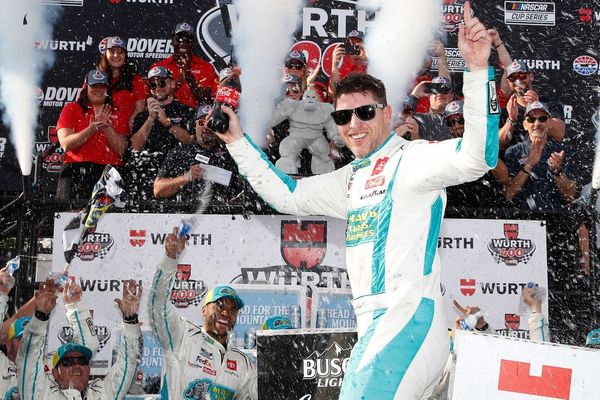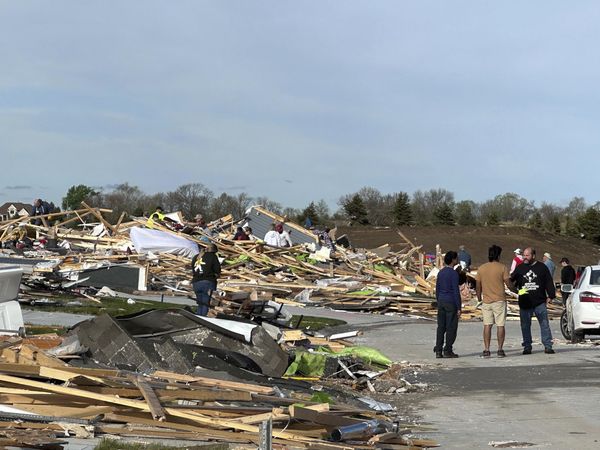
Michele Bullock is the ninth governor of the modern Reserve Bank and the first female governor.
She is a Reserve Bank lifer, having entered the RBA in 1985 immediately after graduating in economics from the University of New England.
Bullock rose through the payments policy department of the bank before moving to the currency group and being promoted to assistant governor in 2010. Before her promotion to deputy governor in the wake of Guy Debelle’s departure in March 2022, she headed the financial system group. She thus comes to the governorship as a veteran in financial system policy and management issues, as opposed to economics or financial markets (outgoing governor Philip Lowe, for example, had experience heading both the financial systems area and the bank’s economic area).
Bullock regards financial system policy as having dramatically increased in importance since she started in that area in the 1990s, saying this at a June conference:
I think the payments system used to be the plumbing; no one was interested in it and it was just there. It’s actually risen to prominence now and it’s a really important part of the economic ecosystem. There’s a payments ecosystem, but it’s part of the economy, and we’re after competition to lower the cost of payments; that’s what we want. But what has increasingly become obvious is that the safety and resilience of payments is really important as well. So we’ve got this dual issue now. We’ve been concentrating for so long on trying to get competition in payments and lower the cost of payments in the economy but, at the same time now, we’re going to have to start focusing on safety and resilience; so that’s going to be a challenge.
She most recently attracted controversy in June when, in a speech on full employment — an objective of the Reserve Bank — she said the bank forecast unemployment to rise to 4.5% for inflation to return to the RBA’s 2-3% target by 2025. This was interpreted as an unusually clear statement of the bank’s determination to force people out of work in order to lower inflation.
Bullock has also commented about the now-infamous “no rate rises until 2024” line from the RBA under Lowe, saying earlier this year:
we talked around the sorts of things that we thought were going to be important and we got a little bit fixated on wages and — the review makes this point as well — instead of focusing on saying ‘We want to get inflation back in target’, and leaving it at that, we actually went on to say: ‘And we’ll therefore be expecting this to happen to wages’ and ‘this to happen on demand’. So we muddied the communication, I think, and so we didn’t do as well as we could have there. I would say, no, we didn’t offer unconditional guidance at all, but I will do a mea culpa in terms of communication.
With Lowe committing the RBA to significantly stronger communication as a result of the review, Bullock’s communication performance will be scrutinised far more intently than any previous governor.







